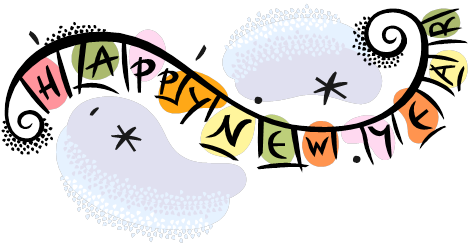Should I dialogue, or should I not? At this moment I’m grappling with that question, staring numbly at still another request to accept someone’s request to be their “friend” on Facebook. And here I am again gritting my teeth, vacillating between two options, three actually – accept, decline or ignore – and the potential reactions to any one of them.
Now here’s what’s gnawing at me: Many of those who ask me to join them on Facebook are some great individuals, people I deeply respect and immensely enjoy one-on-one interactions with. Yet my fear stems from this question: “If I ‘accept,’ will it diminish our ability to dialogue?”
Look, maybe I’m part of a vanishing genre of generational dinosaurs who’s hoping against hope that good old-fashioned face-to-face dialogue doesn’t get lost in social media frenzy. Yes dialogue, the art of opening the mouth to a two-way flow of sounds, sentences and syllables through a mosaic of accents and cadences – ideally one person talking, the other listening, and vice versa.
Now to be clear, I’m not talking about yapping on the phone, talking “about,” “over,” “around,” “behind” or “down” to others. Nor am I talking about “trash” talking,” or just plain talking too much. What I am talking about is doing more of what mouths were designed to do (beyond the consumption of food, liquid or an occasional foot) ….. D-I-A-L-O-G-U-I-N-G!
So, what are some contemporary inhibitors to good old fashion dialogue? We’ll get back to that momentarily. But first this anecdote.
Years ago, a power loss occurred in my building as temperatures outside soared into the 100s. Suddenly, laptop screens went black and overhead lights flickered before going completely out. One by one, folks cautiously eased out of their offices and actually talked to each other. Only moments before these same people had been e-mailing each other in, get this, adjacent offices. I mean they’d spent an entire day – eight hours – without actually talking to each other.
Now, the few extroverts were loving every bit of this unscheduled opportunity to talk. The introverts, the majority, were unnerved by being thrust out into the open. Twenty minutes later the lights flickered back on. Like deer caught in headlights, the introverts froze temporarily then darted back into their offices while the extroverts continued to relish the opportunity for an afternoon chat.
This scenario is analogous to how we sometimes act when thrust into the “headlights” of opportunities for face-to-face dialogue. So what are the headlights, those inhibitors to dialogue? Well, two come immediately come to mind for me.
First, in our culture we just don’t have time for each other. Our plates are overrun with things to get done. We’re always seem to be “going somewhere,” on the cellphone, or on the way to a meeting. Restroom breaks, doctor appointments and sit down family dinners seem to inconvenience us. That’s headlight number one.
The second headlight? The fear of the “OMIF” (Open Mouth, Insert Foot) disease, AKA the fear of offending someone. Given the contemporary maze of ethnic, race, gender, religious, language, age differences, awkward moments and slips of tongue are virtually inevitable.
So what do we do? How about deciding between engaging in “proactive” versus “reactive” dialogue.”
Proactive dialogue is driven by genuine curiosity, respect, trust, and personal growth. Reactive dialogue occurs when we are forced by circumstances – unfortunate circumstances in many instances – or damage control to dialogue. If we invest in the first inexpensive choice, the need for the second expensive one becomes highly unlikely.
Wrote Robert Lewis Stevenson: Talk is by far the most accessible of pleasures. It costs nothing in money or profit, it completes our education, forges and fosters friendships and can be enjoyed at any age and in almost any condition of health.”
So if I keep getting requests to be Facebook friends and decline or just ignore some of them – and, okay, maybe even yours – don’t take it personally. But I will accept any and all requests for face-to-face dialogue. That you can take to the bank. … And the check won’t bounce.


